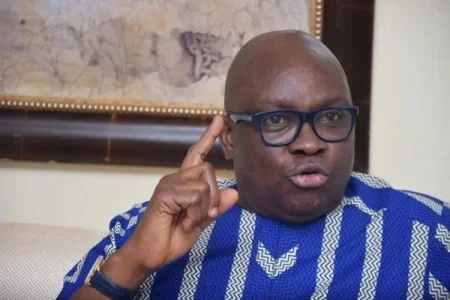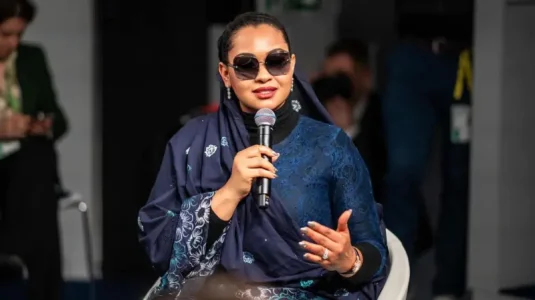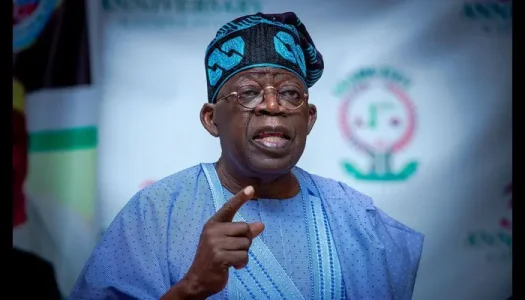
Former Governor Ayodele Fayose blames polygamy and high birth rates in Northern Nigeria for adding to the country's economic woes, causing controversy and mixed reactions. During a Channels TV interview, Fayose highlighted the unrealistic expectations placed on the government to support large families with limited incomes, sparking a national debate.
Former Ekiti State governor Ayodele Fayose, a known ally of President Bola Tinubu, recently sparked controversy by attributing part of Nigeria's population and economic challenges to polygamy and high birth rates in the northern regions. During an interview on Channels TV, Fayose highlighted the difficulties faced by Tinubu's administration, citing the burden created by individuals with large families and limited incomes.
Fayose shared an anecdote about his visit to a northern state, where he encountered a government worker earning N34,000 per month who had 16 children and four wives. He emphasized the unrealistic expectations placed on the government to support such large families, arguing that personal responsibility in family planning is crucial to national development.
The former governor's remarks have elicited a mix of reactions from the public. While some support Fayose's observations, citing the economic strain caused by high birth rates and polygamy, others criticize him for blaming cultural practices instead of focusing on systemic issues and governance failures.
On social media, reactions were divided. Some users praised Fayose for speaking candidly about a sensitive issue. One commenter noted, "Fayose is right. How can someone with such a low income have 16 children? It's unsustainable." Another user highlighted the importance of addressing leadership and governance, saying, "The real issue is not just family size but the quality of governance and leadership."
Conversely, critics argue that Fayose's comments were insensitive and shifted blame unfairly. A Twitter user responded, "Fayose should focus on his own region's challenges before casting stones. Every part of Nigeria has its issues; we need unity, not division."




